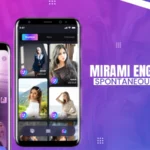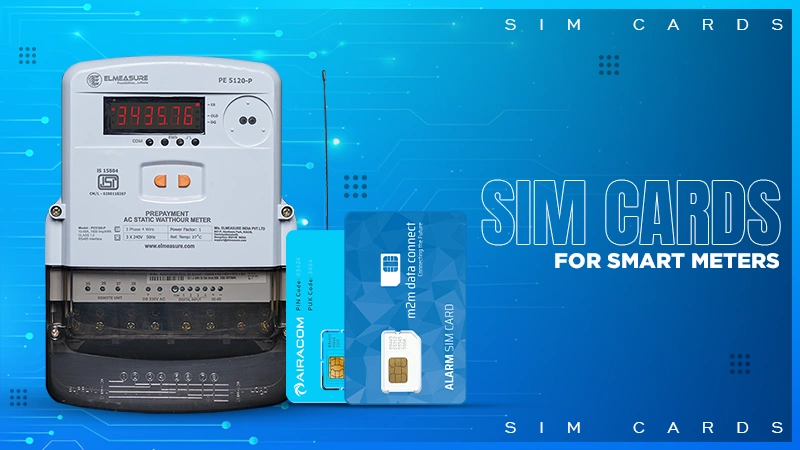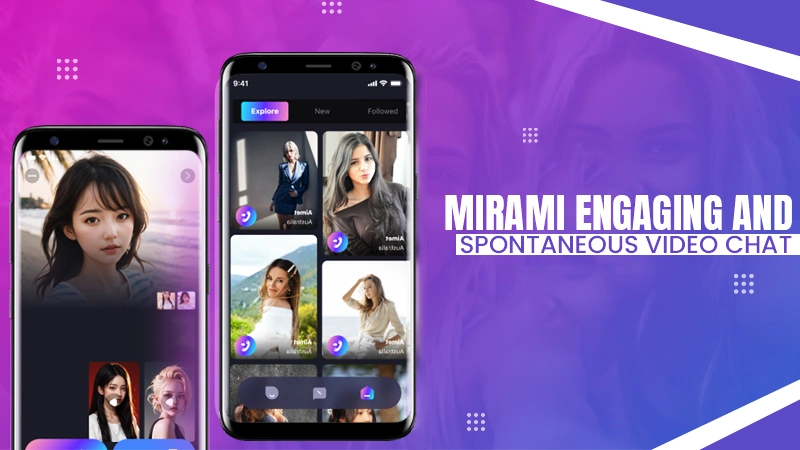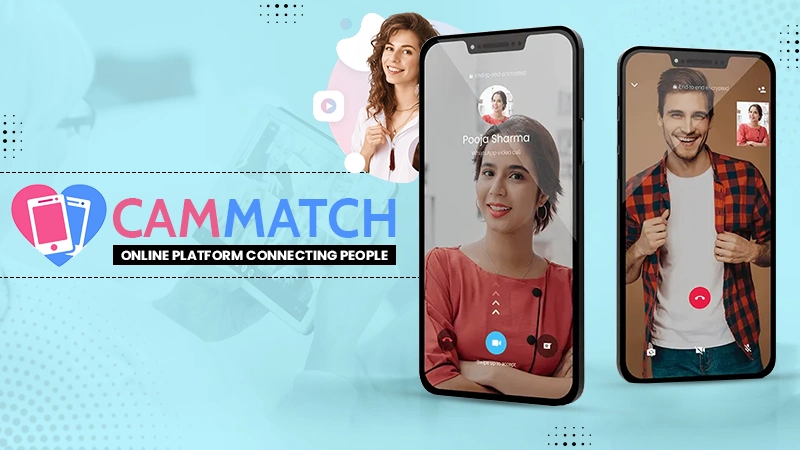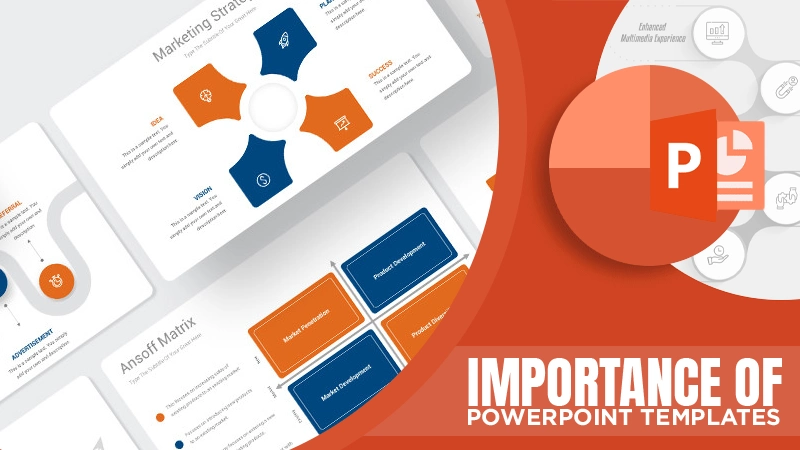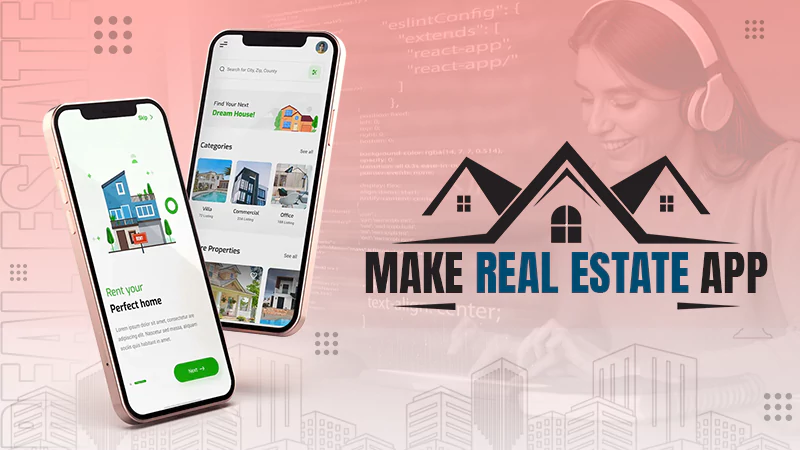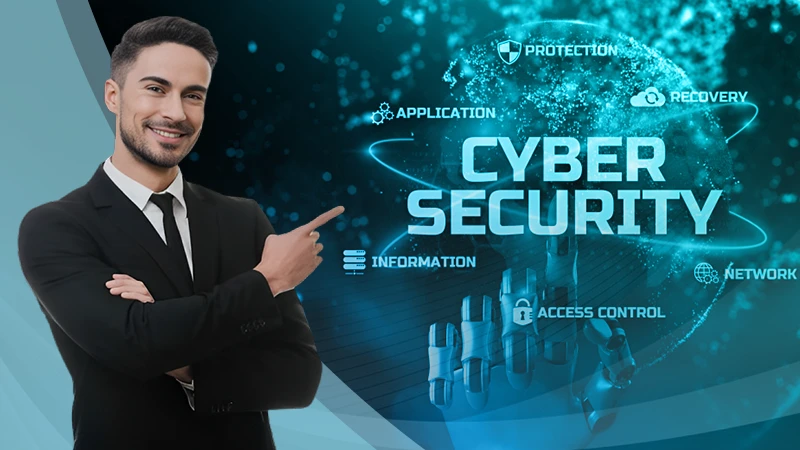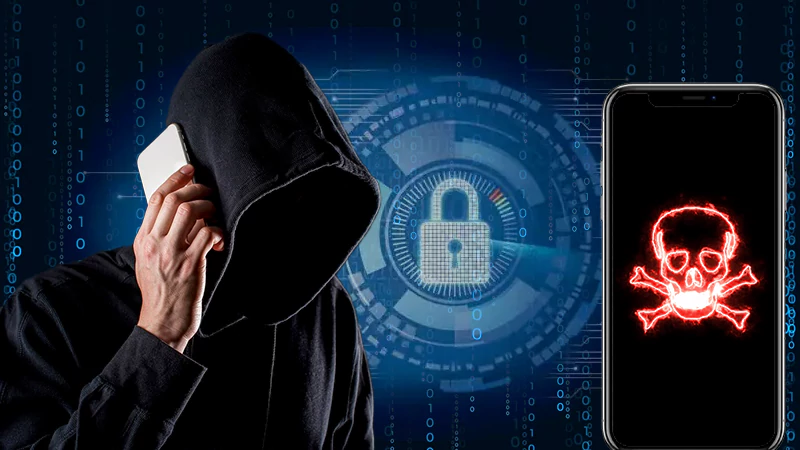Creating a successful virtual event for your company requires the same attention and care as a regular in-person event. Promoting the event, putting on an impressive display for the attendees, and engaging with them, is challenging; it takes a lot of effort to make a virtual event successful, especially since there are unknown variables in an online event.
It isn’t just an online webinar that you need to host and prepare for; you have to create an engaging, valuable, and impactful event that people like.
While creating a successful virtual event can feel intimidating, it doesn’t have to be difficult. You can learn new techniques and implement them in your event to make it more successful.
How to Create a Successful Virtual Event for Your Company: Tips to Follow
While many techniques online may help you gather the information, there are only a few ways to ensure success for your event. It is essential that you keep your attendees engaged, interested, and entertained. You need to make an event that will ensure that people stay connected throughout the event.
Virtual events are tricky to manage and navigate through. If you don’t hold the audience’s interest, they will not likely stay till the end. And when you’re doing an online event, you have limited options to keep them engaged. However, when you follow these tips, it will help you to execute this event successfully.
Don’t Make the Sessions Too Long
This is one of the most important factors that most people overlook. In a face-to-face event, it’s understandable for the session to be long; in fact, it’s a standard procedure. And that is mainly because the attendees at the event feel engaged because of the three-dimensional environment that allows them to experience the presentations more accurately.
When there is an online event, the attendees usually don’t have the proper stimulus to actively engage with the presentations or content.
In an in-person event, you can hook in the attendees with ease; however, it is different for virtual events. It isn’t easy to hold the audience’s attention long enough to make them interested in the event via a screen or monitor.
When you keep a session short and direct, it makes the attendees feel more active. This helps build interest more easily. When you have an interested audience, you have done half of the work. Hooking in with an audience is the most difficult part when hosting a virtual event.
The length of an online session should be between 15 to 30 minutes. If it’s a very important session, you can make it comparatively long. For instance, the maximum you should keep for an online session is around 30 to 40 minutes, not more.
Make Compelling and Descriptive Titles
Nowadays, there are so many in-person and virtual events, both in their respective lines, that it’s challenging to distinguish yours from theirs. It’s especially difficult for virtual events to separate themselves since they don’t have any physical proof of their arrangements and event.
People often walk into a new (physical) event even if they don’t know much about it. For instance, suppose there is an in-person event in a mall; plenty of the attendees will be there because they saw visible proof of it.
However, a virtual conference or event depends on word of mouth. Essentially, they get their publicity by relying on people to spread the word and other participants to promote the event.
When you make compelling and descriptive titles, you will likely avoid this problem. People will get an insight into what your event is like, and they can join in because of the compelling titles. The best way to make compelling titles that will attract more attendees is through social media platforms where you can guide and elaborate on your conference/event.
However, be careful about not giving away the entire event in those titles and descriptions because that will have the opposite effect of what you’re trying to achieve.
Make Use of an Emcee or a Moderator
In a physical event, the emcee or moderator is there to contextualize every piece of information in the meeting/event while maintaining the attendees’ energy and delivering important notes.
There is a common misconception that most people believe; that because of the new and advanced technology, there is no need for an emcee or moderator. They think that because of the new programming, a moderator doesn’t provide anything new.
However, engagement increases when there is a moderator or an emcee involved. You don’t have to constantly worry about having an engaging hook because the moderator will take care of that.
An emcee or moderator will increase your engagement by a mile. The familiarity and consistency of a moderator put the attendees at ease and mend the gap between the host and attendees. Hosting a virtual event may feel isolating for the attendees, and an emcee or moderator helps alleviate that.
The ideal way is for the moderator to open up the online event in the same way they would a regular event. Afterward, they can engage the audience with comments, chat with the speakers and ask questions. All of this will improve the atmosphere of your event and make it more memorable for the people involved.
Integrate a Camera System
To mimic the familiarity of an in-person event, you should integrate cameras so everyone can have a personalized experience.
This will allow the attendees to see the speaker, which will enhance the experience for the attendees and make your event more memorable. It also adds another informative layer that will make the attendees more likely to join your next event.
One of the reasons why this is less common is because this step requires the people involved to have a good camera set up. A good camera setup is to have good lighting, accurate framing, and decent quality.
However, if you pull this off, it will make your virtual reality not only a success but also unique.
Bottom Line
Creating a successful online event is challenging, but it’s possible. A way to ensure your company sees through the success of your virtual event is that you can hire a public relations agency New York. A PR firm manages, maintains, and organizes the relationship between the owner and the audience; you will greatly benefit from a PR firm by your side.



